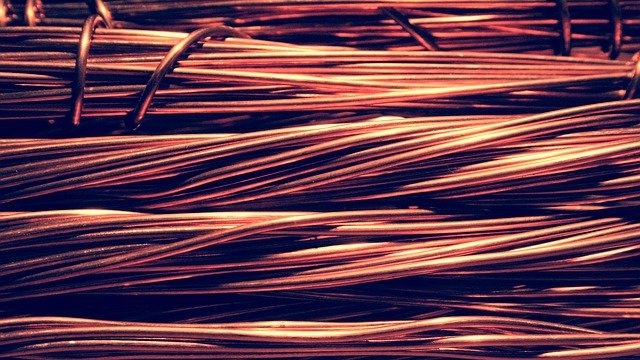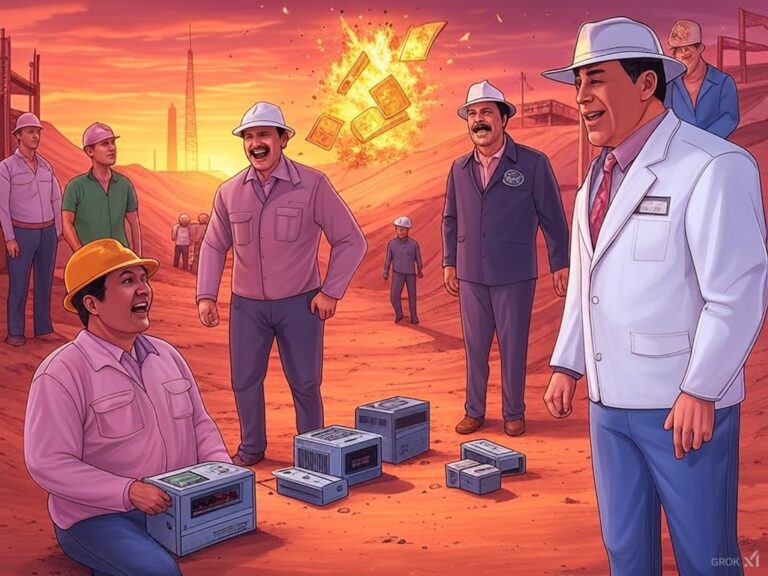The British-Australian mining giant Rio Tinto is one of the world’s largest producers of mineral raw materials. The product range of the Group, which operates mines, smelters and refineries in 35 countries, extends from iron ore to titanium dioxide.
Nearly 50000 employees work on around 60 of the company’s projects worldwide, ensuring that Rio Tinto was the world’s second-largest mining and mining group behind BHP Billiton, with a market capitalization of $135.3 billion in 2021. Vale, just like Glencore International and Anglo only follow at positions 3 to 5 with a large gap.
However, the Group’s stock is currently in a long-term downtrend, and the Group has also had to endure a number of other setbacks and negative headlines in recent weeks.
The second largest mining group in the world
For years, Rio Tinto has been one of the absolute giants among mining groups. Last year, the British-Australian mining group was officially the second largest mining company in the world.
In addition to iron ore, aluminum and copper, the company also produces diamonds, salt, lithium, borates and titanium dioxide, among others. Almost 50,000 people are employed by Rio Tinto in 60 plants and projects in a total of 35 countries around the world.
Poor corporate culture
According to a now-disclosed report by former Australian Sex Discrimination Commissioner Elizabeth Broderick, various employees apparently complained of bullying, sexual harassment and racism within the company. Around half of the more than 10,000 respondents said they had already been bullied.
The report on the review of corporate culture at Rio Tinto had been commissioned in spring 2021. Group CEO Jakob Stausholm has now commented on the findings of the investigation and pledged to implement all the recommendations contained in the report.
No lithium mining in western Serbia
For several years, Rio Tinto has been busy advancing a project to mine lithium in the Jadar Valley in western Serbia. Production was scheduled to start in 2027. From then on, around 2.3 million tons of lithium carbonate were to be mined in the Loznica region. Corresponding agreements had already been reached with the Serbian government.
But for some time there have been massive protests against the project by environmentalists. Although lithium is an important and essential component of batteries and has become even more important, especially since the advancement of e-mobility, the mining of lithium is controversial. The resulting salty brine must be pumped out and fed into appropriate basins. However, this lowers the groundwater level in the mining region.
Now, surprisingly for many, the Serbian cabinet has revoked the spatial planning plan for the Loznica region, thus withdrawing the basis for the lithium mining project.
While environmentalists in Serbia are pleased with the stage victory, some suspect that the decision is a tactical concession in view of the upcoming presidential elections in Serbia in April.
Nevertheless, Prime Minister Brnabic has made it clear that the Rio Tinto project is finally closed with this decision. This is likely to be a major setback for the mining giant.







